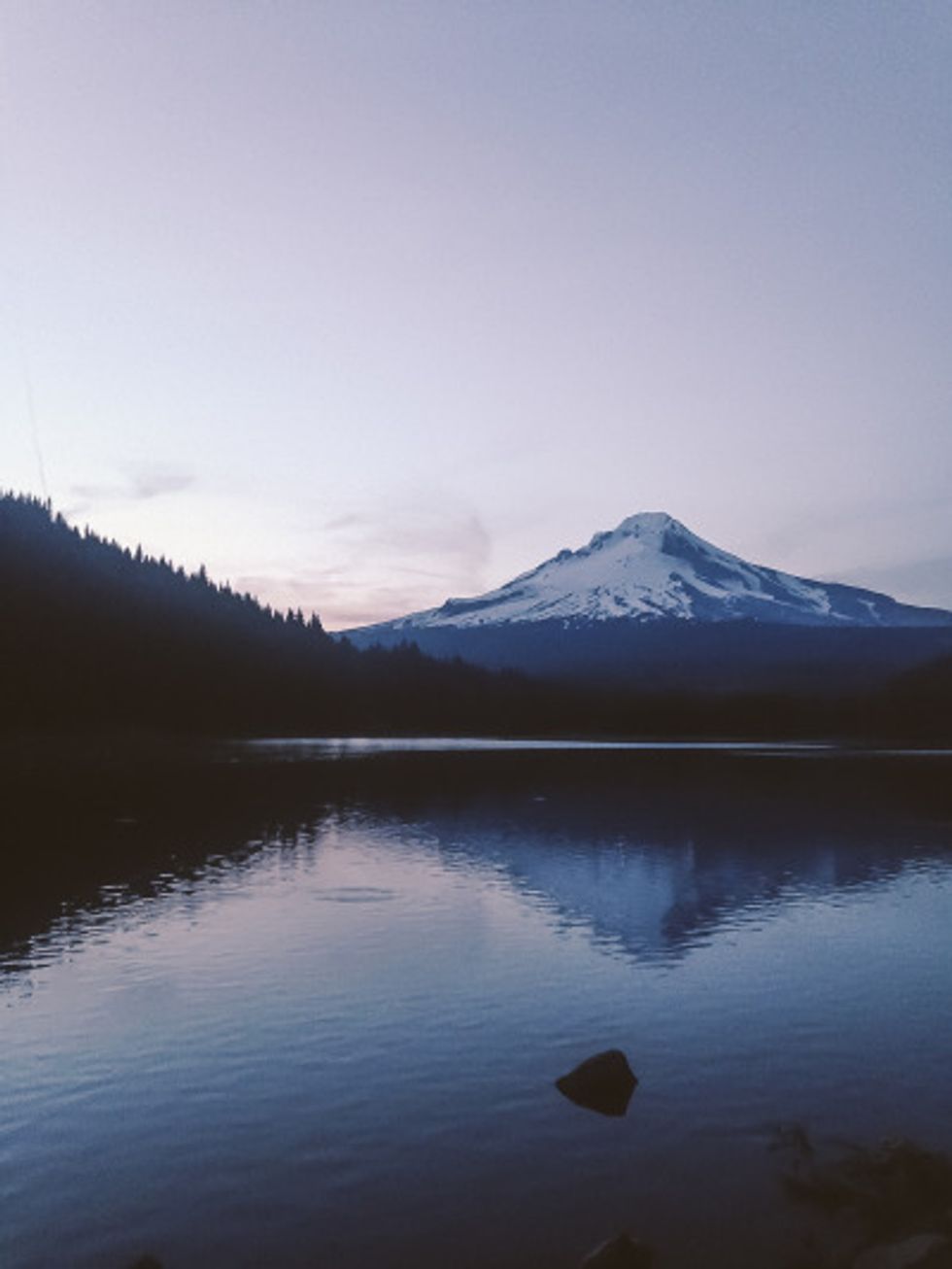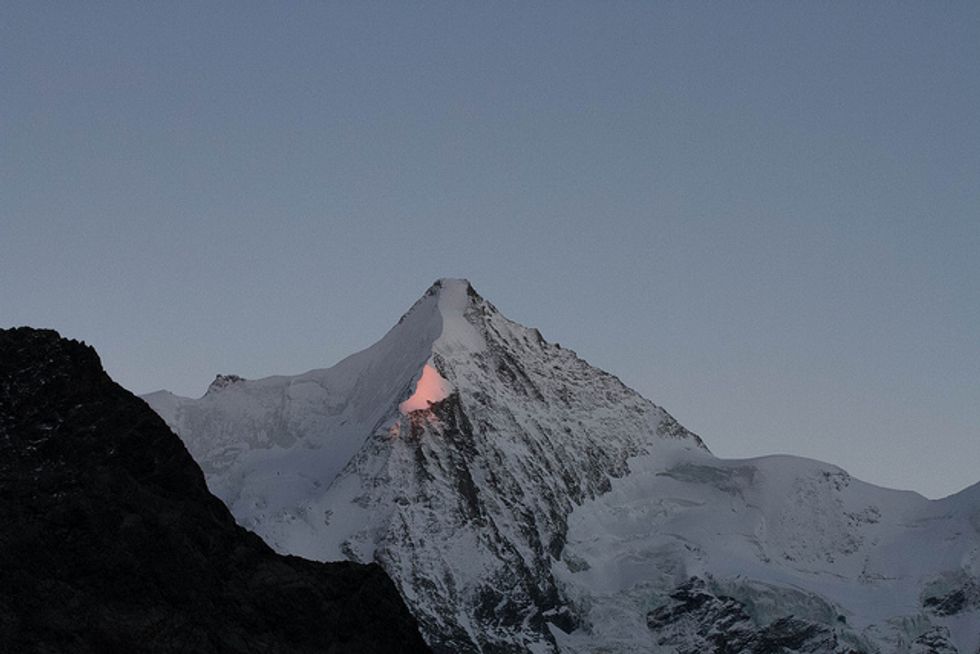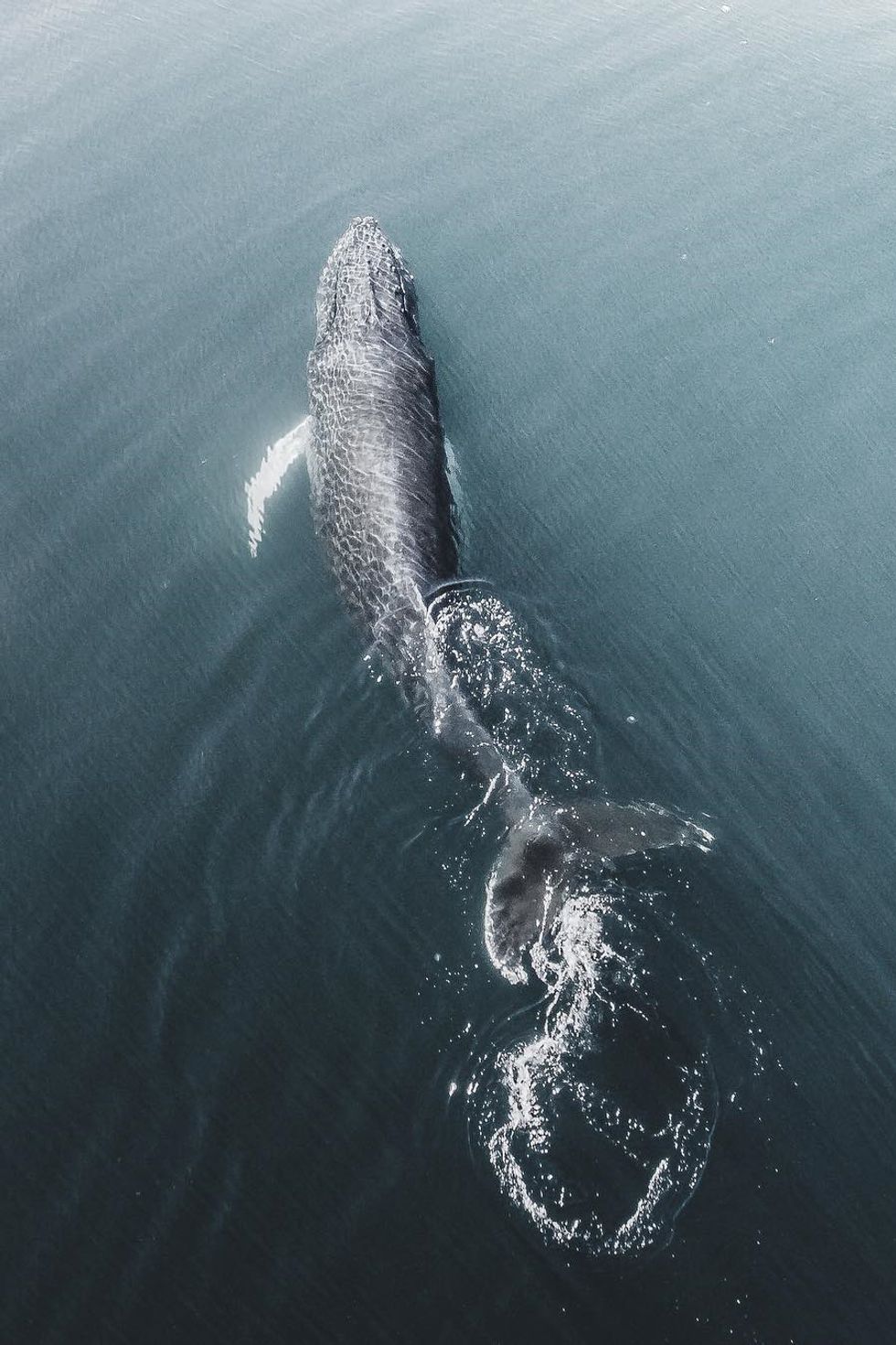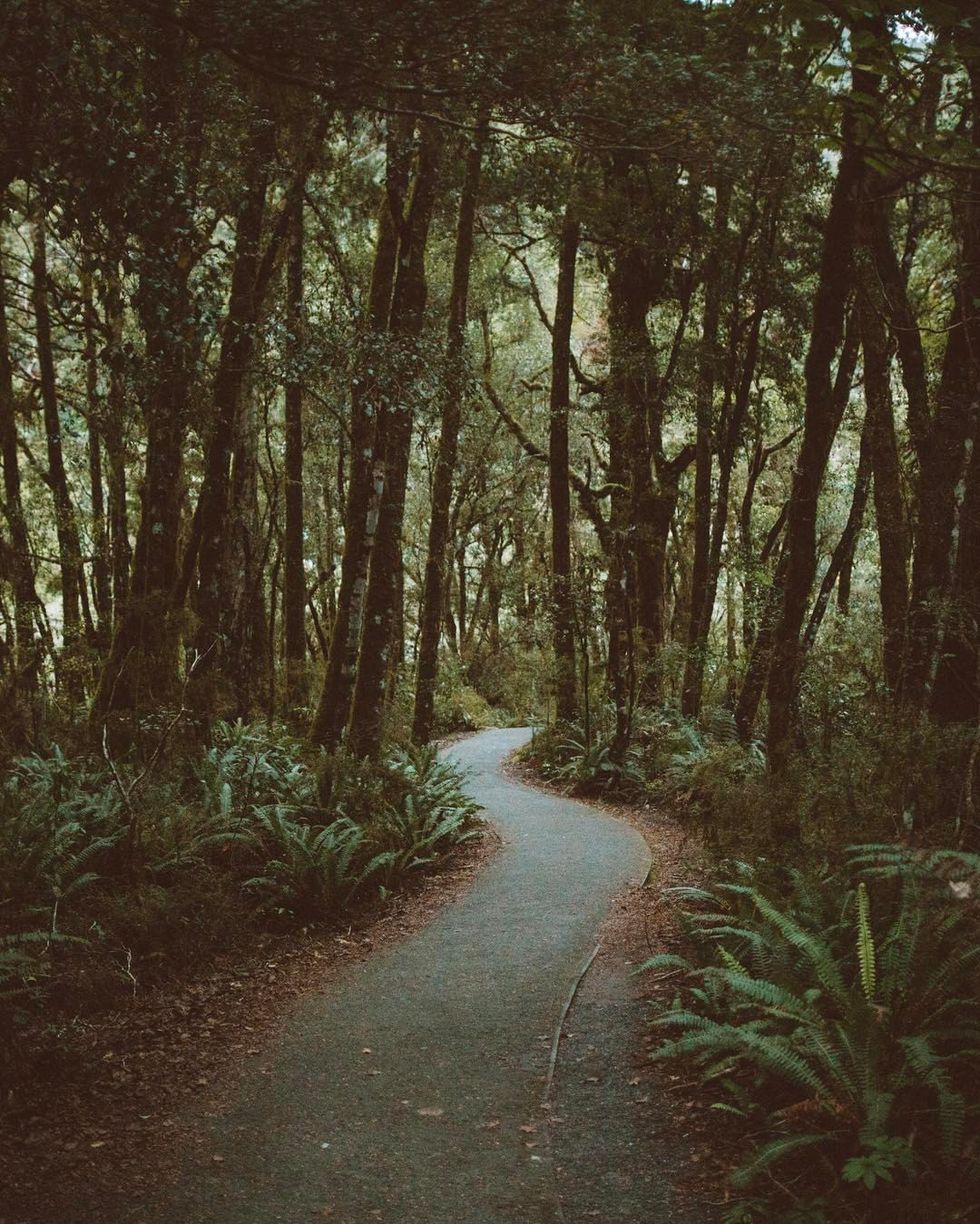Poetry is one of the most vital art forms to date. Words, I believe, can both sever and salvage; they are never to be taken lightly. Poets and authors alike give us the potential to explore new worlds and avenues of thought. Nature, especially, serves as an inspiration for poets of all ages and time periods. The following are personal favorites that have had impact on my own life. Enjoy!
1. "Ask Me" by William Stafford
Stafford writes honestly in his poem "Ask Me," likening honest questions to the stillness of a frozen river. Using this metaphor, he encourages his reader, or whoever he's speaking with, to use this stillness to ask whatever their heart desires. He parallels the stillness of the river to his own response, to listening. It's as if the frozen water acts as the answer itself, allowing the questions to answer themselves, and to be heard in the silence.
2. "Blandeur" by Kay Ryan
Here, Ryan begs for the "perfection" of the earth, using a bit of satire. The valleys and mountains that make earth great, that add depth and beauty to it all, should simply be evened out in our search for a comfortable life. She touches on the way in which God speaks, through earth's grandness and vastness. Yet, by evening everything, we in fact silence His might. The amount of true impact comes forth in the last few lines, "Unlean against our hearts. / Withdraw your grandeur / from these parts."
3. "Some keep the Sabbath going to Church - (236)" by Emily Dickinson
Famous poet and recluse Emily Dickinson speaks of her own spirituality and take on the Sabbath. For Dickinson, church is not simply limited to a few hours on Sunday, but is rather the manifestation of God through nature. She compares both birds and orchards to choirs and chapels, showing that they may just be one in the same. Her organic approach to the sabbath broadens the scope and blurs the lines of what it means to know and experience God.
4. "For a Coming Extinction" by W.S. Merwin
W.S. Merwin, renowned lover and protector of earth, utilizes his deep hurt over extinction to create a powerful calling to those meant to be "stewards of the earth." He shows his reader the irony of placing oneself above creatures and animals, with words like "Tell him / That we who follow you invented forgiveness / And forgive nothing." In allowing animals' futures to die out, we really cause destruction to our own. Our actions, our carelessness for the planet, shows the true nature of our hearts.
5. "In Blackwater Woods" by Mary Oliver
Oliver has an incredible way of connecting the natural world to her own life, the themes she has learned along the way, and what it all means to her. In this particular poem, the vivid imagery of a beloved woods reminds her starkly of what life consists of. Nature is a physical manifestation of certain life lessons, teaching her that loving "what is mortal" and letting go are something so inherit to being human.
All in all, these poems each speak powerfully in their own way. I hope each finds its place in your life, and you are able to dwell on the beauty of nature and its meaning as you go about your days.





















